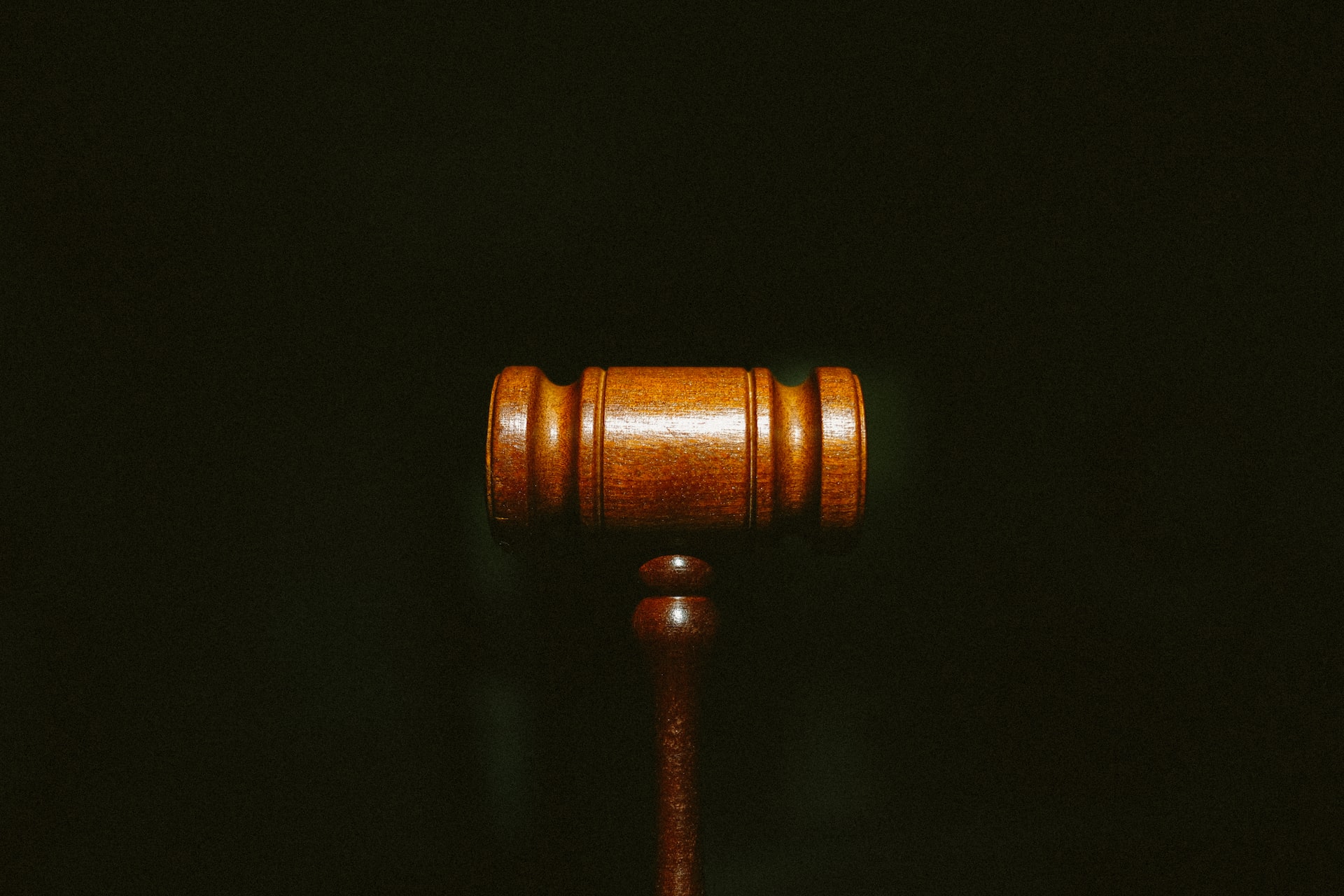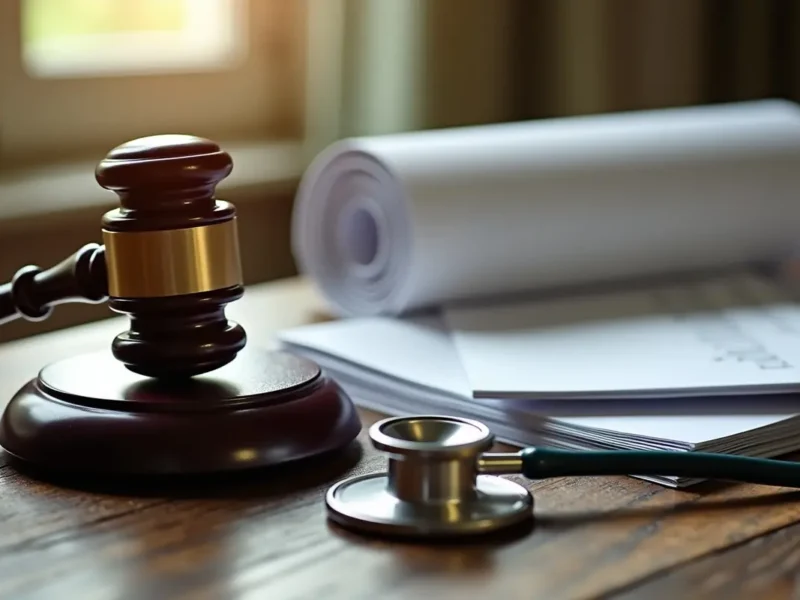Nobody ever wants to be in a situation where they have suffered a Personal Injury. It is a difficult time for the victim and their family, and it can take a long time to heal. The process can be confusing and overwhelming, but there are some steps that you can take to make it easier. In this article, we will walk you through the process of recovering from a Personal Injury. And how to navigate the legal system to ensure that you get the compensation you deserve.
Contents
Types of Personal Injury
Personal injury is any type of injury that is caused by another person or entity. It can range from a physical injury. Such as a broken bone or a concussion, to a psychological injury, such as depression or anxiety. It can also include economic losses, such as lost wages or medical bills. No matter what type of Personal Injury you have suffered, you have the right to seek compensation for your losses.
Some of the most common types of personal injury include car accidents, slip, and fall accidents, medical malpractice, and defective products. Each of these types of Personal Injury has its own set of laws and regulations that must be taken into consideration when filing a claim.
It is important to note that Personal Injury is not limited to physical injuries. Emotional distress is also a type of Personal injury and is often the result of another person or entity’s negligence. This can include things such as harassment, abuse, or discrimination.
Understanding the Legal Process
When it comes to filing a Personal Injury claim, it is important to understand the legal process. This includes understanding the statute of limitations, which is the amount of time you have to file a claim. In most states, the statute of limitations is two years, but it can vary from state to state. Once this time limit has expired, the victim loses the right to pursue a claim. However, by contacting immediately a personal injury law firm, you can rest assured that your case is in expert hands, and the attorneys will work diligently to ensure that all necessary legal actions are taken within the allowed timeframe. By doing so, you can optimize your chances of securing a favorable settlement while avoiding the many problems associated with an expired statute of limitations. It is important to understand the statute of limitations in your state. And to file your claim as soon as possible.
Another important part of the legal process is understanding the different types of damages that can be sought. These include economic damages. Such as medical bills and lost wages, as well as non-economic damages, such as pain and suffering. In some cases, punitive damages may also be sought. Which are designed to punish the person or entity responsible for the injury.
It is also important to understand the different types of court proceedings that can be used to resolve Personal Injury claims. These include mediation, arbitration, and civil trials. Each of these has its own set of rules and procedures. So it is important to understand the differences before deciding which type of proceeding is right for your case.
Determining the Severity of Your Injury
When determining the severity of your Personal Injury, it is important to consider the long-term effects of the injury. This includes any physical pain or discomfort you may be experiencing, as well as any psychological or emotional trauma. It is also important to consider any economic losses that you have suffered, such as lost wages or medical bills.
The severity of your Personal Injury will also be determined by the amount of evidence you have to support your claim. This includes any medical records and eyewitness accounts. Or other documentation that can help prove that the other party was responsible for your injury. It is important to gather as much evidence as possible to strengthen your case.
In addition, it is important to remember that the severity of your Personal Injury may also be determined by the laws of your state. Different states have different laws regarding Personal injury, so it is important to understand the laws in your state before filing a claim.
Gathering Evidence
Gathering evidence is a crucial part of the Personal Injury process. It is important to collect as much evidence as possible to support your claim. This can include things such as medical records, eyewitness accounts, photos, videos, and other documents that can help prove that the other party was responsible for your injury.
It is also important to keep track of any receipts or bills that are related to your Personal Injury. This includes medical bills, prescription costs, and any other expenses that you have incurred as a result of the injury. This can help you to prove the extent of your losses and ensure that you are compensated for them.
If you are able to, it is also a good idea to have someone take photos of the scene of the accident or of your injury. This can help to provide visual evidence of the incident and can be used to support your claim.
Working with a Personal Injury Attorney
If you have suffered a Personal Injury, it is important to consult with a Personal Injury Attorney. An experienced attorney can help you to understand the legal process and can guide you through the process of filing a claim. They can also help you to determine the extent of your losses and to negotiate a settlement with the other party.
When selecting an attorney, it is important to make sure that they have experience handling Personal Injury cases. It is also a good idea to ask for references and to verify the attorney’s credentials before hiring them.
Negotiating a Settlement
When negotiating a settlement, it is important to remember that the amount of compensation you receive will depend on the severity of your injury. And also depend on the amount of evidence that you have to support your claim. If you have suffered a severe injury and have a lot of evidence to support your claim, you may be able to negotiate a higher settlement.
It is also important to remember that the other party may try to lowball you with an initial offer. It is important to remain firm and negotiate a fair settlement. And it is also important to remember that if you are not satisfied with the offer, you can always take your case to court.
Dealing with Insurance Companies
When dealing with insurance companies, it is important to remember that they are not on your side. Their goal is to pay out as little as possible, so it is important to remain firm when negotiating a settlement. It is also important to remember that if you are not satisfied with their offer, you can always take your case to court.
It is also important to remember that insurance companies can be tricky and may try to deny or delay your claim. And it is important to remain vigilant and to make sure that you are receiving the compensation you deserve. However, you can always consult with a Personal Injury Attorney for advice.
Conclusion
Navigating the road to recovery after a Personal Injury can be a difficult and confusing process. It is important to understand the legal process and to gather as much evidence as possible to support your claim. It is also important to consult with a Personal Injury Attorney to ensure that you get the compensation you deserve. By following these steps, you can ensure that you get the best possible outcome for your case.



